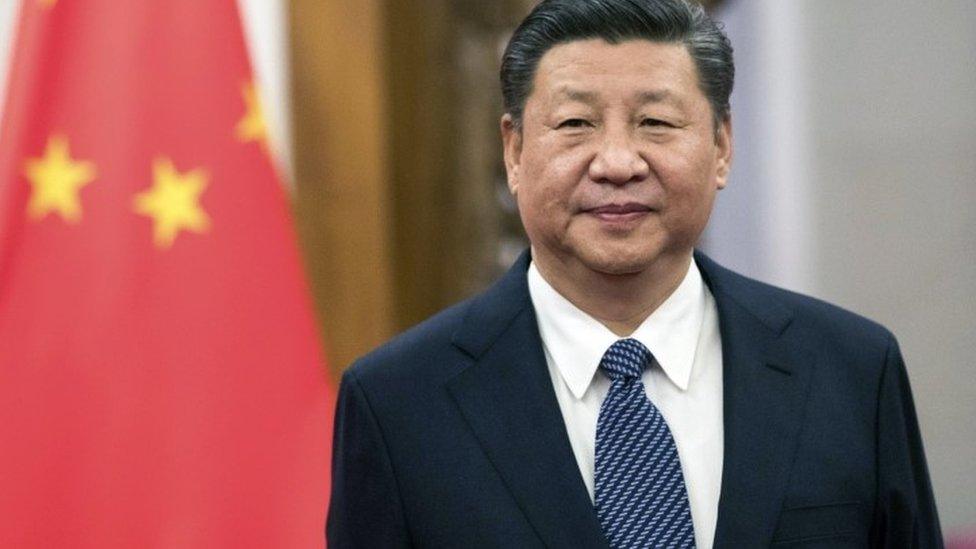China has raised import taxes on US goods to 125% as the trade war with the US over Donald Trump's global tariffs escalates.
Beijing faces a 145% levy on some of its goods imported to the US as President Xi Jinping called on the EU to join China in opposing "bullying" from the US, saying "there are no winners in a tariff war."
Despite this, Donald Trump says he is still hoping to secure a deal with Beijing, saying they would "end up working something out that's very good for both countries."
President Xi declared that China is "not afraid" in the face of growing economic tensions that have sent global markets into a tailspin and raised alarms over a possible global recession.
Speaking during a high-level economic forum in Beijing, Xi struck a defiant tone, emphasizing China's resilience and readiness to defend its national interests.
"China is not afraid. We have endured hardship before, and we will endure it again if necessary," he said, in what analysts are calling his strongest public statement on the matter yet.
The tit-for-tat escalations have shaken investor confidence, causing major stock indexes around the world to plunge.
President Xi reiterated that there would be "no winners" in a prolonged trade conflict.
"Cooperation is welcome, but confrontation will be met with resolve," he added.
Beijing is also leveraging other economic tools in its response, targeting major American exports such as soybeans, oil, and airplanes.
Restrictions on key U.S. companies, a crackdown on rare earth mineral exports, and the potential sale of over $760 billion (Sh98.18 trillion) in U.S. debt are among the strategic countermeasures China is now exploring.
As the standoff escalates, Xi is scheduled to visit Vietnam, Malaysia, and Cambodia next week in an apparent bid to bolster China’s influence and trade ties in Southeast Asia.
Global leaders are urging both nations to return to the negotiating table, warning that the continuation of this trade war could plunge the global economy into recession.

